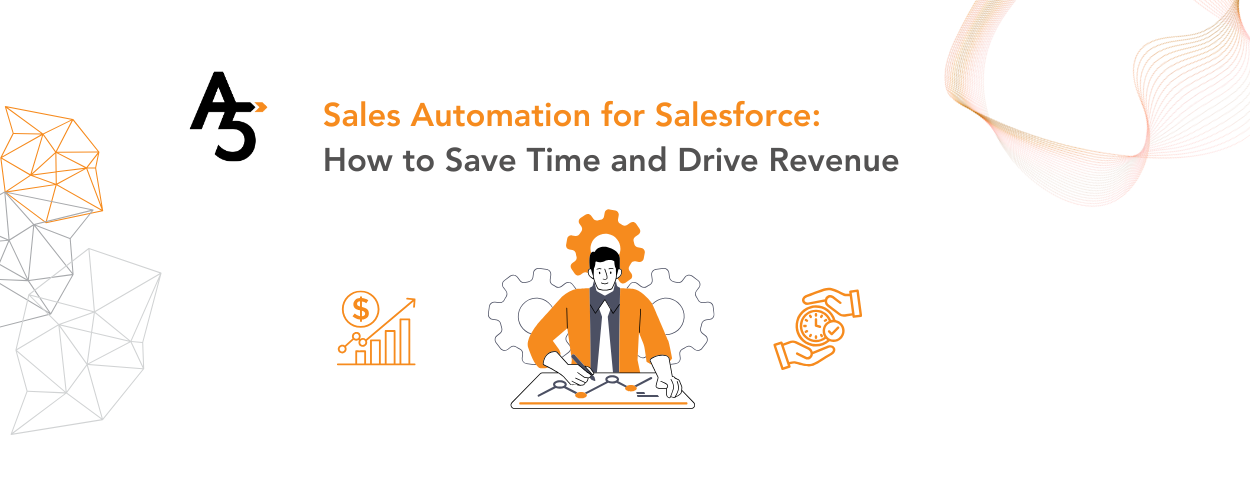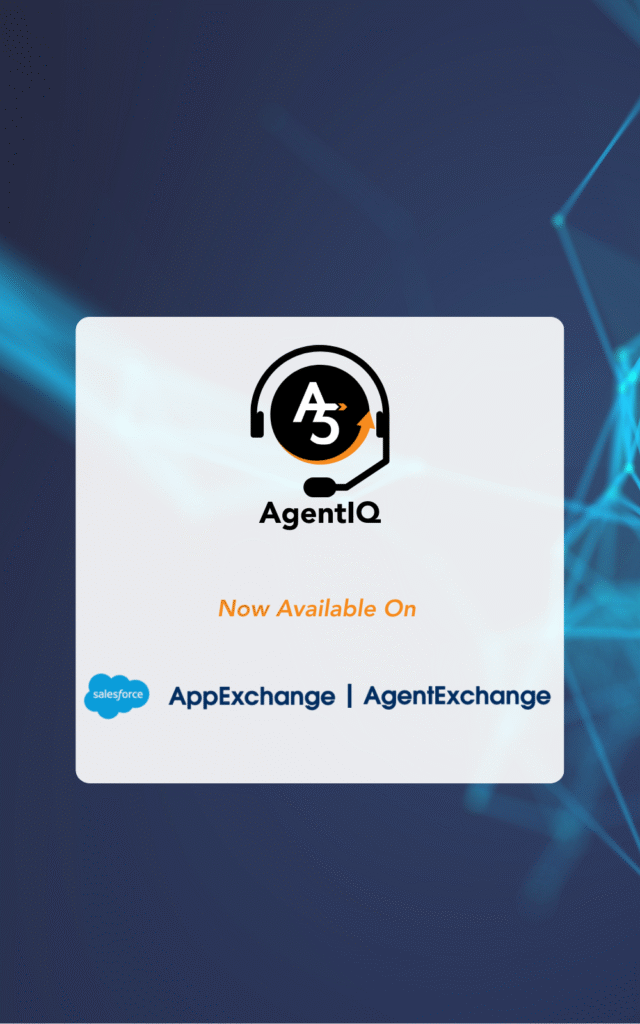Data is the lifeblood of successful asset management. However, managing that data effectively can be challenging in today’s complex world. In a 2023 study by Accenture, a significant 66% of asset managers reported difficulties with data fragmentation. This fragmentation hinders comprehensive data analysis and informed decision-making, critical factors for achieving alpha (superior risk-adjusted returns) in today’s competitive investment landscape. Fragmented information, data quality issues, and outdated technology can all hinder your ability to make informed decisions and maximize returns.
In this blog, we will equip you with the knowledge and strategies to overcome these hurdles. We’ll explore the top data challenges asset managers face and provide practical solutions to get you back on track.
The Data Maze: Common Challenges and Effective Solutions

1. Fragmented Data Silos:

2. Ensuring Data Quality: Garbage In, Garbage Out
Measuring and maintaining data quality across the enterprise can be a significant challenge for asset managers. Just think about it – a Harvard Business Review Study found that data scientists spend across industries, data scientists spend a whopping 80 percent of their time preparing and cleaning data before it can be used for analysis across industries. This highlights a major significant pain point: garbage in, garbage out. Inaccurate Only accurate or incomplete complete data can lead to flawed good investment analysis and costly miscalculations, ultimately impacting your bottom line. A study by IBM revealed that poor data quality costs businesses an average of 15% of their revenue annually. That’s a significant chunk of change!
Solution: Establishing robust data governance processes is crucial. This includes defining data ownership, implementing data validation mechanisms, and conducting regular audits to ensure data accuracy and completeness – ultimately enhancing the reliability of analysis and investment strategies. By prioritizing data quality, you can ensure your decisions are based on solid information, not misleading metrics.

3. Data Security: Building Trust Through Protection
Protecting sensitive clients and financial information is paramount in today’s digital age. Data breaches can lead to significant economic losses, and erode client trust, a cornerstone of any successful asset management firm. According to a recent IBM report, the global average cost of a data breach in 2023 reached a staggering $4.45 million, a 15% increase over the past three years. This alarming statistic underscores the growing threat of cybercrime and the importance of robust data security.
Solution: Implementing robust security measures is essential. This includes encryption to scramble sensitive data, access controls to limit who can view information, and regular security assessments to identify and address vulnerabilities. By taking these steps, you can safeguard data integrity, build trust with clients, and minimize the risk of a costly data breach. Remember, a strong security posture demonstrates your commitment to protecting your clients’ valuable assets.

4. Gaining a Firmwide View: Data Governance is Key

5. Master Data Management: The Key to Trustworthy Data
Master Data Management (MDM) is critical in ensuring consistent and reliable data across your entire organization. However, implementing a robust MDM strategy can be challenging for asset managers. According to a recent Accenture study, a staggering 83% Of Companies Need Enterprise-wide, Multi-domain MDM Capabilities, and half don’t need to regularly update their data governance processes regularly. This lack of A centralized approach is necessary for hinders a firm’s ability to adapt and respond to changing market conditions.
Solution: The answer lies in implementing a centralized and controlled MDM strategy. This approach allows you to aggregate and validate data from various sources, ensuring its accuracy and suitability for different investment strategies. By establishing an enterprise-wide MDM capability, you can adapt efficiently during project implementations, minimizing disruptions and ensuring a smoother workflow. Organizing shared data centrally by domain also streamlines data processes and creates a standardized data model that caters to the diverse needs of everyone who relies on your data. With a strong MDM strategy in place, you can unlock the full potential of your data and make informed decisions with confidence.

6. Modernize Your Approach: Leveraging Technology for Success
Outdated technology platforms must catch up with modern asset management demands. Legacy systems often need help to integrate with new data sources and hinder your ability to innovate.
Solution: Consider cloud-based solutions or outsourcing data management services. Cloud platforms offer increased scalability, efficiency, and cost-savings. Modern technology empowers you to stay competitive and unlock the full potential of your data.

7. Unveiling Hidden Connections: Data Integration is Essential

8. Compliance Made Easy: Staying Ahead of Regulations
Your Data-Driven Advantage
Asset managers can gain a significant competitive edge by effectively addressing the data challenges. Investing in the right tools and processes allows you to overcome data silos, ensure quality, enhance security, facilitate integration, and stay compliant. You can unlock superior returns and achieve your investment goals.
Ready to Take Control of Your Data?
Don’t let data challenges hold you back. At A5 we offer a suite of data management solutions designed to help asset managers like you conquer these hurdles and unlock the full potential of your data. Contact us today to learn how we can help you transform your data strategy and achieve superior investment results.





